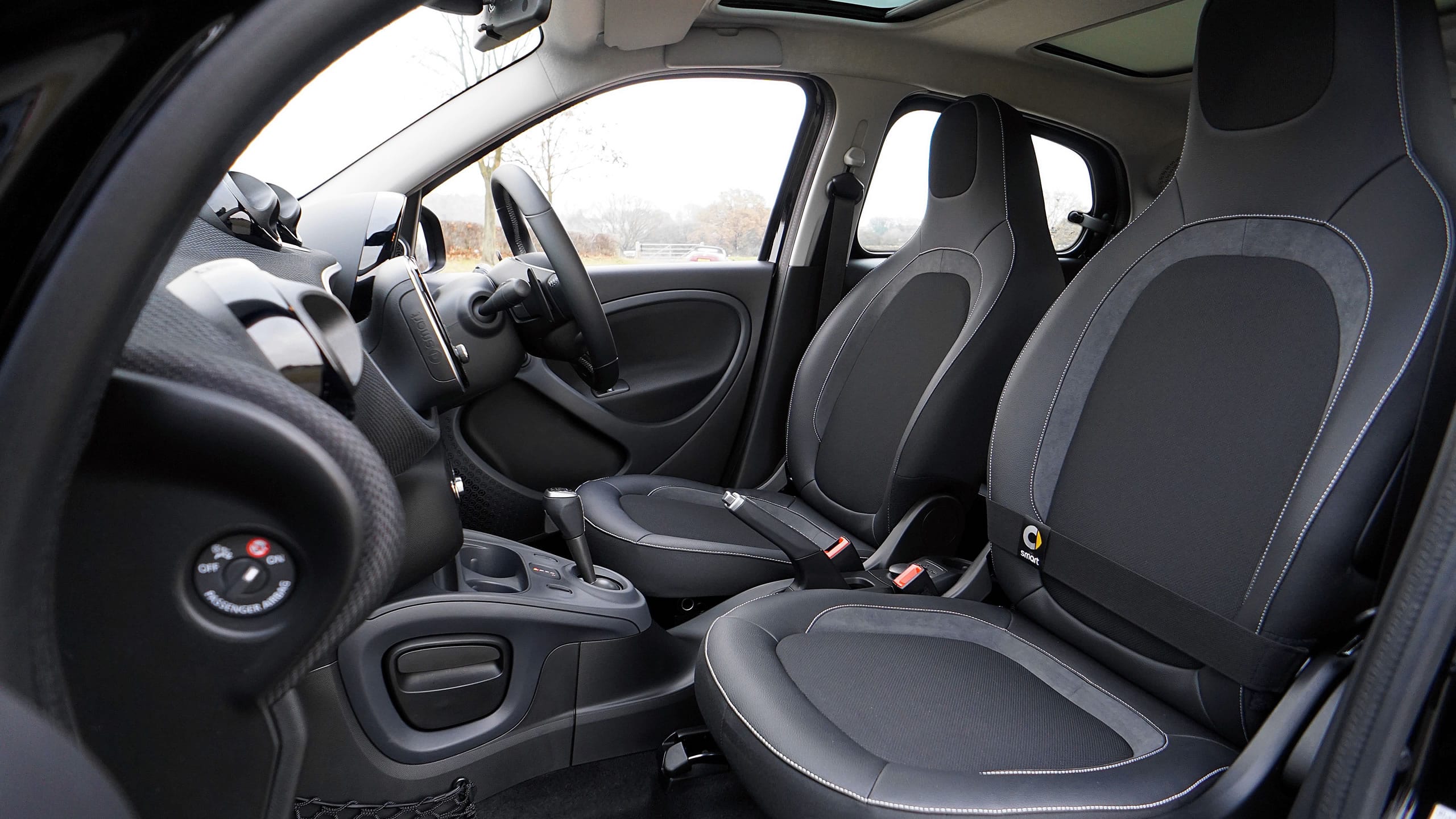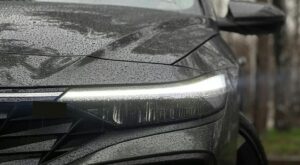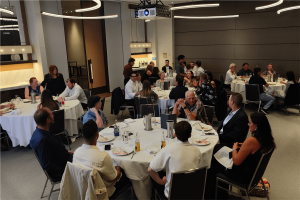Considering venturing into the used car market? There is a lot to consider.
Obviously beyond your budget and the type of car you are thinking of, what else do you need to keep in mind in your quest to find a new pride and joy? Some kind of brand new (not quite), sparkly (sort of), new car smelling (not really), shiny beacon of freedom and joy (maybe) with your name on it (not literally).
This is where the complication often begins. What type, what model, on-road or SUV or 4WD, 4 cylinders, a six, v8 even, turbo-charged, electric, petrol, diesel, automatic or manual. How old is beyond what you were thinking, how many kilometres are too many for you and are there some better brands or models that perhaps age better than others, private, online, car yard, or the nice old lady down the street. All good things to ponder.
Considerations in Making Choices.
Before you start looking, set a clear budget. Consider not just the purchase price but also ongoing costs like insurance, registration, maintenance and fuel costs. Stick to your budget to avoid financial strain. You might notice a bit of a price difference from perhaps the last time you looked into the market. During COVID all over Australia, new vehicles were in short supply and the value of used cars went through the roof. People were paying above the new price for certain vehicles, some a few years old were not far off what they were when they were new as well.
As the supply of new cars is slowly returning to more normal prices, the cost of used cars is settling a bit. But they certainly have increased from before COVID days following the dramatic upward trend in pricing for new vehicles.
Age vs Kilometres.
When shopping for a used car, generally aim for the youngest vehicle with the lowest mileage you can find in your price range and the type of vehicle you want. Age and mileage wears vehicles, the more they are used, the more parts wear and then eventually wear out.
Generally, a younger vehicle will have lower kilometres and therefore be that much fresher, or closer to new. More recent models should also be better equipped too, reversing cameras, sensors, blind spot monitoring and so on. Additionally, there have been numerous upgrades in safety features too. However, just because a vehicle has low kilometres it doesn’t necessarily mean it’s a good car and just because it has high kilometres doesn’t mean it’s a bad vehicle either. This is where judgement and inspections come into play.
Think First, Check Second, vs Regrets Later.
If you’re not overly sure about the vehicle you are looking at, go online. Cars often have an owners’ page where problems and positives are discussed, including maintenance and service costs that sometimes don’t become relevant until years after your purchase.
Another consideration is bells and whistles. Simple is often best. These days the vast majority of warranty claims for vehicles relate to electrical issues. The current surge in the popularity of electric vehicles from China with a lot of luxury adornments are effectively things that will break down over time and cost to have rectified. One advantage on some of these b=vehicles is the long warranty period, increasingly seven years and recently, even ten years. As a used buyer, you could also be buying into the remainder of a new car warranty, but that is worth checking that there are no provisos.
Get it Inspected.
So where to buy, online, private or a Dealers Yard. Typically, a Dealer purchase will cost more but come with some form of a warranty and peace of mind about the vehicle’s history, finance if applicable and actual true ownership. Online and private is very much a buyer beware situation.
When looking for a car, a logbook is great to indicate a service history. Not only does regular servicing extend a vehicle’s longevity, it can boost the value and makes it easier to sell and offer some peace of mind when buying. One great principle to follow is to get it independently inspected to get a real understanding of its condition and therefore its value to you. Regular servicing keeps tabs on all maintenance items and ensures issues are dealt with before they become a problem.
Other things to look at include amount of the yearly registration left, the cost of comprehensive insurance, even down to the wear on its tyres, a new set can cost hundreds of dollars. Inspections will look at this and other things like oil condition, belts, fluids, brake pad life and so on, all summed up in a tidy report.
In Closing.
Buying a used vehicle comes with some considerations as detailed above. Once you have made your purchase, make sure you keep up your services schedule to keep your car running well. The trusted professionals at Autospark not only do electrical repairs, we also do mechanical services and repairs too.
Rely on our experience and the advice we are always happy to offer to all our customers for over 35 years.





